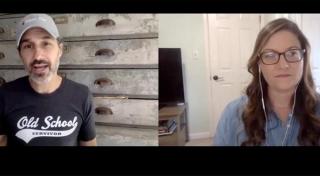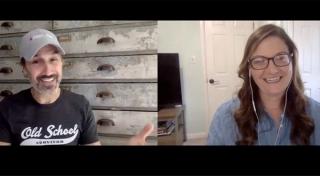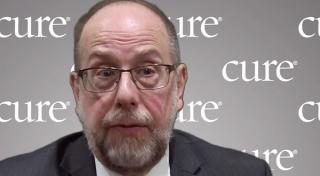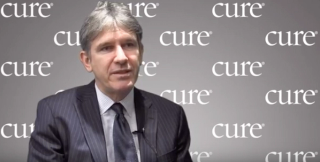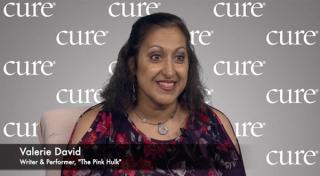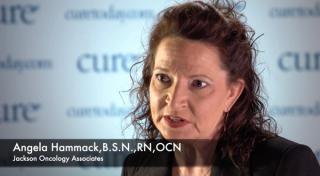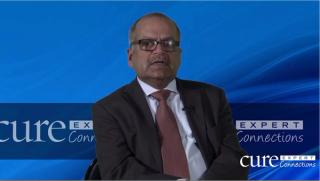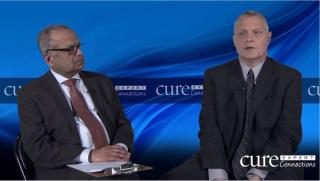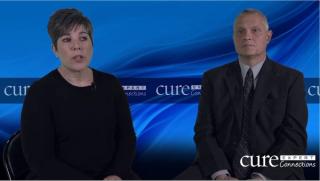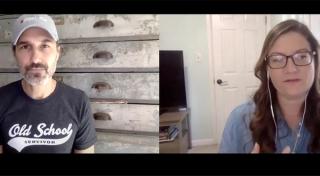
Lymphoma
Latest News
Latest Videos

More News
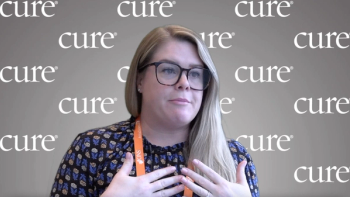
For patients with lymphoma or multiple myeloma, speaking up about symptoms of cytokine release syndrome can be lifesaving.

The day I found out I had cancer, my wife and I thought I would just be going in for a scan.
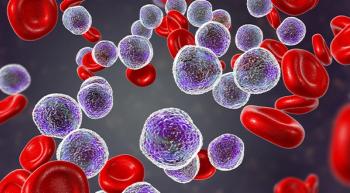
The phase 3 STARGLO study met its primary endpoint of improved overall survival, according to Columvi’s manufacturer, Genetech.

The blood pressure medication enalapril did not prevent cardiotoxicity among patients with cancer being treated with chemotherapy.

In memory of my sister, Barbara, who died of Hodgkin lymphoma in 1954.

Treatment of Adriamycin, a type of chemotherapy, may be linked with breast cancer in Hodgkin lymphoma survivors, a study showed.

When I wore my street clothes in the hospital instead of a gown, I felt more like a person than a patient with cancer.

Recent research has shown encouraging results for older patients with classical Hodgkin lymphoma treated with Adcetris plus chemotherapy or Opdivo.
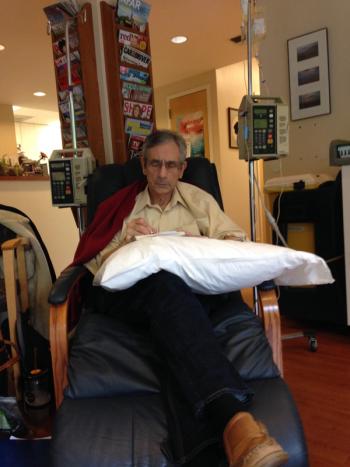
For the Jewish New Year, I had no more signs of lymphoma.
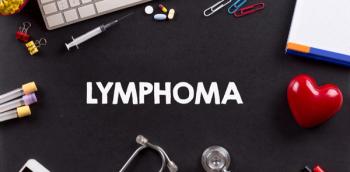
I thought I would be fighting my battle with lymphoma alone, but my community of fellow cancer fighters stood with me.

Treatment with Brukinsa and Gazyva poses a new option for certain patients with follicular lymphoma, with tolerable side effects, an expert told CURE®.

For 14 years, I've been dealing with small lymphocytic lymphoma, and want to maintain a healthier diet.

For patients with cancer, having a PICC or port can be convenient, but I got it removed the moment I was allowed to.

I've learned that there are many differing perspectives when it comes to treatment for cancer, especially from patients to researchers.

My faith has helped guide me through chronic small lymphocytic lymphoma.

When I told my friends I started feeling better during cancer treatment, they were all so confused.

Writing poetry was something that got me through cancer and helped heal my soul.

Having all of these screenings for cancer terrifies me, even though they could be almost certainly nothing.
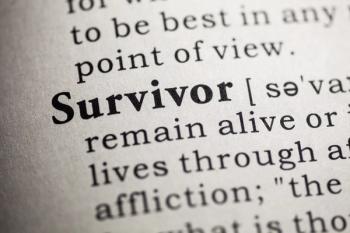
I was in disbelief when I was diagnosed with cancer, but then I turned my attention to crafting my surviving strategies.

I lived by Nike's motto, "Just do it!" and worked to gain my muscle back after cancer.

The anxiety of cancer will seemingly never go away.

Certain antihypertensive medications may lower blood pressure in patients with blood cancer being treated with Imbruvica or other BTK inhibitors.

Even my favorite show depicted cancer in a stereotypical way, which impacted my view on cancer when I first received my diagnosis of follicular lymphoma.

CURE® editors discuss last week’s biggest cancer headlines, from Dexter Scott King’s death to the potential of laughter therapy to boost quality of life.

From the Duchess of York receiving a skin cancer diagnosis to Selena Gomez contacting a fan with stage 4 disease, here’s what is happening in the oncology space this week.






